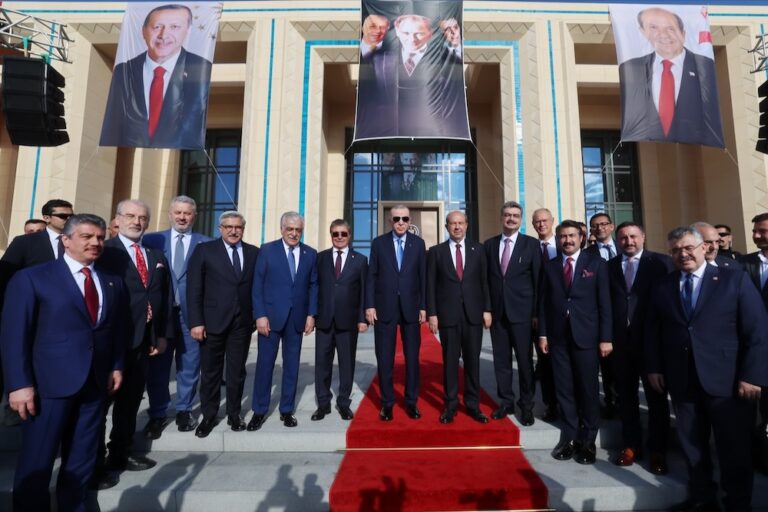(IFJ/IFEX) – The following is an IFJ media release: IFJ Calls for Immediate Release of Dutch Journalists in Protection of Sources Case The International Federation of Journalists (IFJ) today called for the release of two journalists who have been jailed in the Netherlands for refusing to reveal their sources for a story they wrote about […]
(IFJ/IFEX) – The following is an IFJ media release:
IFJ Calls for Immediate Release of Dutch Journalists in Protection of Sources Case
The International Federation of Journalists (IFJ) today called for the release of two journalists who have been jailed in the Netherlands for refusing to reveal their sources for a story they wrote about a Dutch intelligence official who leaked state secrets to criminals.
The IFJ is backing its affiliate, the Dutch Association of Journalists (NVJ), and the Dutch Society of Chief Editors (GvH) in their protest against the reporters’ imprisonment.
“Attempting to force journalists to reveal their sources in a criminal case where the burden of proof should fall on law enforcement officials is a serious threat to independent journalism and press freedom,” said IFJ General Secretary Aidan White. “Protection of sources is an obligation for investigative journalists and the key to getting whistleblowers to come forward with information. The government should not be forcing journalists to act as law enforcement officials. If they do, journalists will lose all credibility.”
On Monday, a Dutch judge in the Hague sent Bart Mos and Joost de Haas, veteran reporters for the Netherlands largest newspaper, de Telegraaf, to jail because the journalists would not give the names of their source of information to the court. The reporters were called to give evidence in a case against the agent who is suspected of leaking secret dossiers from the AIVD, the Dutch intelligence service, to the underworld.
Mos and de Haas’s story about the leaks ran in de Telegraaf in January 2006.
On Wednesday, the judge will decide whether the journalists can be held in jail for another twelve days. The NJV and the GvH are calling on their members to sign a petition protesting their imprisonment.
“Revealing sources is only acceptable when there is a clear and present danger threatening peoples’ lives,” said NVJ General Secretary Thomas Bruning. “It should not be up to the journalists to provide any proof (of guilt) in this case. The general prosecutor is the only person who has to prove that the defendant is guilty.”
For more information, go to http://www.villamedia.nl or, to read the statement from the NVJ and GvH, go here: http://www.ifj.org/pdfs/NetherlandsNVJ281106.pdf
The IFJ represents over 500,000 journalists in more than 100 countries worldwide.


